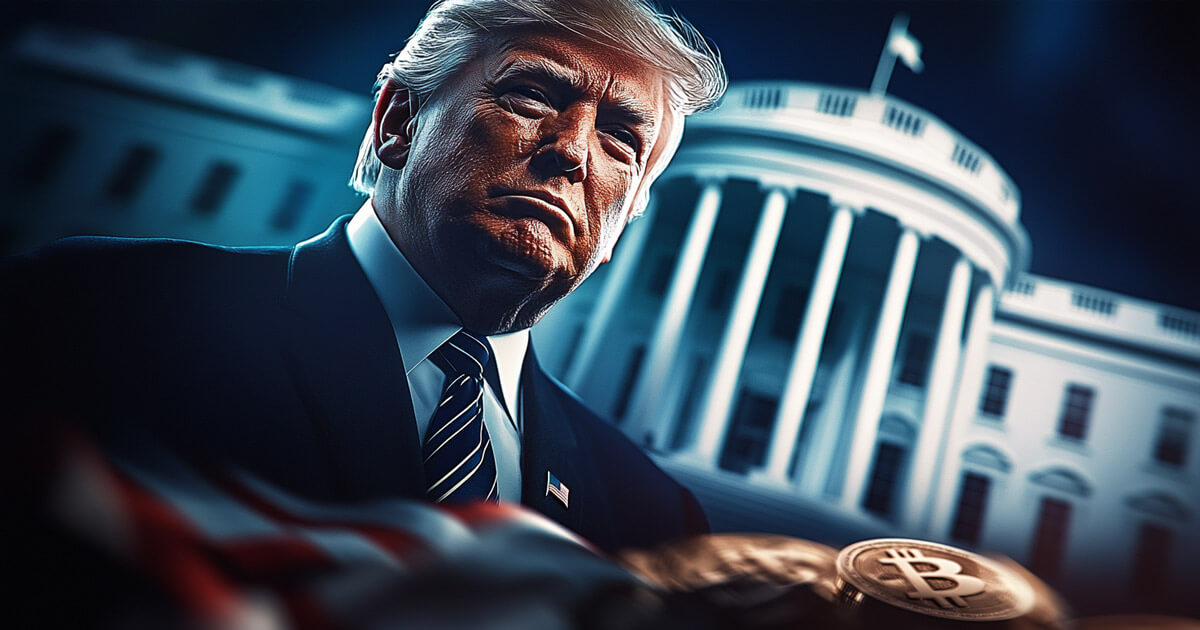The Supreme Court of India’s recent decision to dismiss a petition seeking the establishment of a regulatory framework for cryptocurrency trading has sparked significant discussion in the financial and legal communities. The petition, filed by a former director of a motion picture company who is currently in custody for alleged crypto fraud, was rejected on the grounds that it was a legislative matter beyond the court’s jurisdiction. This decision highlights the judiciary’s recognition of its limits in creating laws, especially in complex and emerging areas like cryptocurrency. In this article, I will analyze the implications of this decision and the challenges and opportunities for crypto regulation in India.
The petitioner, Manu Prashant Wig, was accused by the Economic Offence Wing (EOW) of the Delhi Police in 2020 of deceiving investors with promises of high returns from crypto investments. The case against Wig gained momentum as 133 investors reported being victims of the scheme. Seeking relief, Wig filed a Public Interest Litigation (PIL) for crypto trading regulations in India, which the Supreme Court eventually rejected.
During the hearing, the Supreme Court advised Wig to seek legal remedies through appropriate channels, specifically for bail. Consequently, the court highlighted its inability to issue directives under Article 32 of the Constitution for such legislative matters. Article 32 empowers the Supreme Court to issue writs for the enforcement of fundamental rights, but it does not authorize the court to make laws or policies. The court also noted that the government was already working on a regulatory framework for cryptocurrencies, informed by recommendations from the International Monetary Fund (IMF) and the Financial Stability Board (FSB).
The Supreme Court’s decision to reject the PIL signifies a clear demarcation between judicial and legislative responsibilities. Moreover, it reflects the complexities and challenges in regulating emerging technologies like cryptocurrencies. As India moves closer to formulating a comprehensive crypto regulatory framework, this decision reinforces the need for legislative action to address the growing concerns and interests in the crypto market. The outcome of these developments is keenly awaited by investors, legal experts, and the crypto community alike, as it will shape the future of cryptocurrency trading in India.
Cryptocurrencies are digital or virtual currencies that use cryptography to secure and verify transactions and to control the creation of new units. They operate on decentralized networks that are not controlled by any central authority or intermediary. Some of the most popular cryptocurrencies include , , , and .
Cryptocurrencies offer several advantages, such as faster and cheaper cross-border payments, greater financial inclusion, enhanced privacy and security, and lower transaction costs. They also pose several risks, such as volatility, cyberattacks, fraud, money laundering, tax evasion, and regulatory uncertainty.
India has a large and growing crypto market, with an estimated 15 million crypto users and over 350 crypto startups. However, the legal status of cryptocurrencies in India has been unclear and inconsistent. In 2013, the Reserve Bank of India (RBI) issued a cautionary advisory on the potential risks of dealing with virtual currencies. In 2017, the government set up an inter-ministerial committee to study the issues related to cryptocurrencies and propose a legal framework. In 2018, the RBI banned banks and other regulated entities from providing services to crypto businesses and individuals. In 2019, the committee submitted its report and draft bill, which recommended a complete ban on private cryptocurrencies and the creation of a digital rupee by the RBI. In 2020, the Supreme Court quashed the RBI’s ban, stating that it was disproportionate and violated the constitutional right to trade. In 2021, the government introduced the Cryptocurrency and Regulation of Official Digital Currency Bill, 2021, in the Parliament, which seeks to prohibit all private cryptocurrencies except for certain exceptions and to provide for the establishment of a digital currency by the RBI. However, the bill has not been passed yet and its details are not publicly available.
The lack of a clear and consistent legal framework for cryptocurrencies in India has created confusion and uncertainty among the stakeholders. The crypto industry has faced several challenges, such as a lack of access to banking services, regulatory hurdles, operational difficulties, and reputational damage. Crypto users have faced several risks, such as a lack of consumer protection, legal recourse, and tax clarity. The government has faced several dilemmas, such as balancing innovation and regulation, protecting national security and public interest, and aligning with global standards and best practices.
The need for a comprehensive and coherent crypto regulatory framework in India is evident and urgent. Such a framework should aim to achieve the following objectives:
- To recognize and define cryptocurrencies as a distinct asset class with appropriate legal status and classification.
- To establish a competent and independent regulatory authority to oversee and regulate the crypto market and its participants, such as exchanges, wallets, custodians, brokers, and investors.
- To provide clear and consistent rules and guidelines for the crypto industry and users, such as licensing, registration, reporting, disclosure, compliance, auditing, taxation, and dispute resolution.
- To protect the rights and interests of the crypto users, such as privacy, security, transparency, accountability, and redressal.
- To prevent and combat the misuse and abuse of cryptocurrencies for illegal and illicit activities, such as money laundering, terrorism financing, fraud, and cybercrime.
- To promote and support the innovation and development of the crypto ecosystem, such as research, education, awareness, adoption, and integration.
- To foster and facilitate cooperation and coordination among the relevant stakeholders, such as the government, the RBI, the regulators, the industry, the users, and the international bodies.
A comprehensive and coherent crypto regulatory framework in India would benefit all the stakeholders. It would provide legal certainty and legitimacy to the crypto industry and users, and enable them to access and leverage the opportunities and advantages of cryptocurrencies. It would also enhance the efficiency and effectiveness of the government and the regulators, and enable them to address and mitigate the risks and challenges of cryptocurrencies. It would also contribute to the growth and development of the crypto ecosystem and position India as a global leader and hub for crypto innovation and adoption.
The Supreme Court of India, led by Chief Justice Chandrachud, has shown wisdom and restraint in dismissing the petition for crypto trading regulations. The court has rightly recognized that it is not its role to make laws or policies, especially in complex and emerging areas like cryptocurrency. The court has also rightly acknowledged that the government is already working on a regulatory framework for cryptocurrencies, and has deferred to its authority and expertise. The court has thus upheld the constitutional principle of separation of powers and the rule of law.
“In my analysis of the recent Supreme Court decision, I, Anndy Lian, emphasize the crucial role this ruling plays in defining the boundaries between judicial and legislative responsibilities. The dismissal of the petition underscores the judiciary’s recognition of its limitations in shaping laws, particularly in intricate domains like cryptocurrency. As we anticipate India’s journey towards a comprehensive regulatory framework, it becomes evident that legislative action is paramount to addressing the multifaceted concerns and opportunities within the crypto market.”
The ball is now in the court of the government and the legislature. They have the responsibility and the opportunity to create a comprehensive and coherent crypto regulatory framework for India, that balances the interests and needs of all the stakeholders, and that reflects the realities and aspirations of the crypto market and community. The time is ripe and the stakes are high. The government and the legislature should act swiftly and wisely, and deliver a crypto regulatory framework that is fair, progressive, and visionary.
Credit: Source link















































